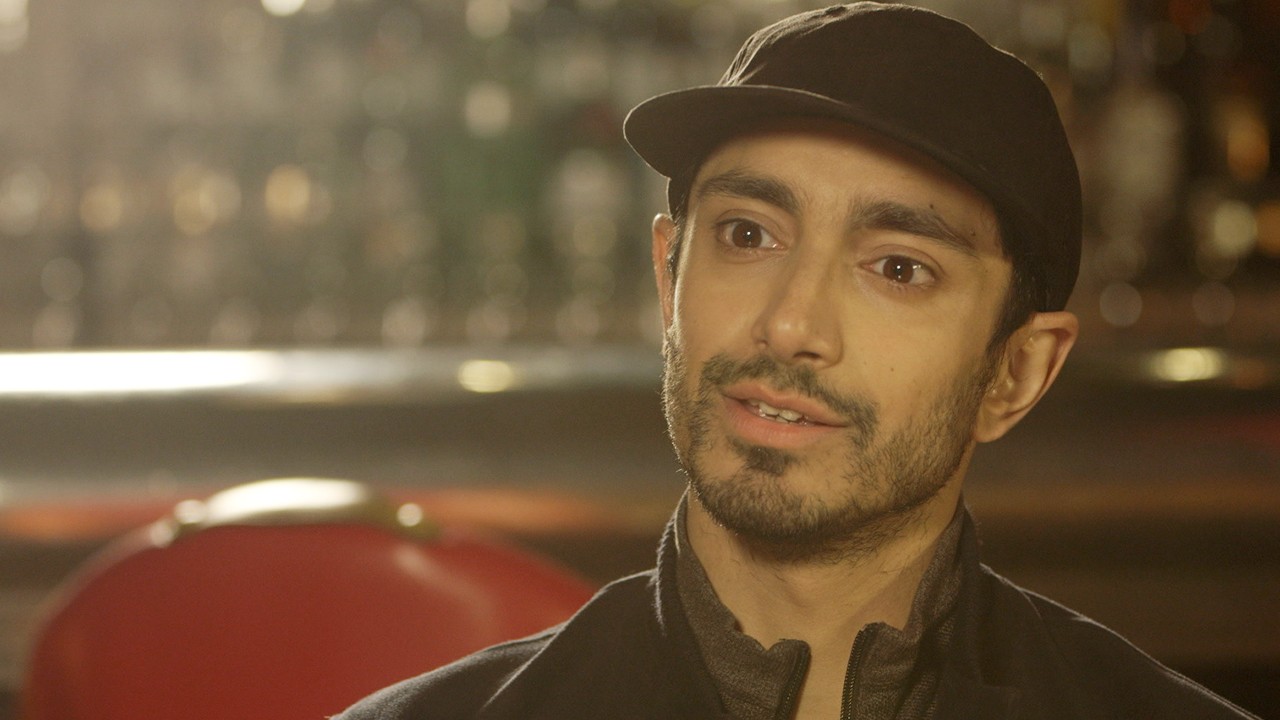Top image: Still from Marine Le Pen's campaign videoThis article originally appeared on VICE FranceFor a few months now the polls in France have been pretty unanimous: Marine Le Pen will likely get through the first round of presidential elections. Those same polls say she'll be defeated in the second round, but let's imagine for a moment that the unthinkable happens. Let's imagine that at 8PM on the 7th of May, Marine Le Pen is declared the winner of France's presidential elections. What would that mean?
Advertisement
As the new resident of the Élysée Palace – where France's presidents have lived since 1848 – she could turn the country upside down, not just by "restoring a proper musical education in schools" ( which is the 112th point on her 144-point manifesto for the country), but by making changes to the Constitution, having France leave the European Union, re-introducing a French currency and closing the borders. In other words, were Le Pen's ideas actually implemented as they are, everything would change for the French people, French institutions, the European Union and the financial markets.To find out how bad things could get I asked Nicolas Lebourg, a historian specialising in Le Pen's National Front party, to visit our VICE France office and help us shed some light on this possible future.Usually a new French president is officially inaugurated about ten days after the second round of the presidential elections, and at the latest on the last day of the outgoing president's term – which in this case would be the 14th of May, 2017. Before the 14th, Marine Le Pen wouldn't officially be president – it would be a transitory period in which she can get acquainted with the role and watch financial markets plummet from the sidelines.
If Le Pen is elected, it's almost certain that investors would rush to sell French bonds, fearing the prospect of the country leaving the eurozone and possibly even the EU – or wanting to punish the country for its political choice. Economist Gaël Giraud argues that if that happens, France would only be able to take out loans at significantly higher interest rates. Le Pen knows this situation might be coming, too, so has proposed that the Bank of France be authorised to buy French debt (point 43 of her manifesto) and lend money to the state. That isn't possible now, and could lead to staggering inflation. Externally, investors taking their money out of France and stashing it elsewhere could cause a liquidity crisis for French banks and shake up the economic world order.In June, following the presidential election, there's a general legislative election, in which new MPs are chosen for the National Assembly. If a good number of MPs from the new president's party win seats she can count on an absolute majority, which would make governing a lot easier for her. However, as has happened in the past, other parties could work together and form an alliance to make sure the National Front don't gain any more power.Majority or no majority, the National Front will likely gain a pretty significant number of seats in the Assembly in June if Le Pen is elected president in May. The entire party would ride along on her victorious wave – a presidential win attracts more voters, and potential MPs of another right wing party, Les Républicains, could support her – which could mean a pretty hefty increase in seats. As Le Pen told French newspaper Le Monde recently: "For the last few years we have welcomed people from different backgrounds to our party. Many people will want to join us after the first round of elections, in between rounds and after the second round."
Immediately after the election
Le Pen and the National Front in the general elections
Advertisement
WATCH: VICE Talks Film – Riz Ahmed

Le Pen's first priority: changing the Constitution
Le Pen's second priority: severing ties with the European Union
Advertisement
So how would the French public vote in a referendum on EU membership? There isn't much recent trustworthy data, but in March of 2016 (before the UK voted to leave the EU) 53 percent of French people polled said they did want a referendum, while two months later 45 percent of those polled said they would want to stay, versus 33 percent who'd want to leave. Lebourg tells me that after the British voted to leave "an opinion poll showed that Brexit had made the French more eager to stay in the EU". Sixty-seven percent of polled people at that point said that being a member of the EU was a pretty good thing.Many of Le Pen's 144 measures in her manifesto are geared towards the working class. Like her intention to push the retirement age to 60, to revalue the basic pension and to reduce gas and electricity rates by five percent. She thinks the extra money for all those measures can come from cutting costs on immigration and the EU. She points out in her manifesto that she hopes "to re-establish order in French public finances by putting an end to the misspending of public money (particularly linked to immigration and the European Union) and by combatting social and tax fraud". Savings would be made, for example, by withdrawing state medical aid for undocumented immigrants.Marine Le Pen's enemies are immigrants and not, for example, the financial sector. She doesn't suggest anywhere that extra money can be brought in by taxing multinationals a few percent more. According to her manifesto, all her social plans for the working class would be feasible without increasing taxes, simply by limiting immigration and possibly leaving the EU. Of course, the National Front steers clear of putting an exact figure on the savings they would make. There's not even consensus about that within the party itself; Lebourg tells me that "in 2012, Marine Le Pen estimated that immigration cost us €40 billion. Then, in 2014, she estimated €70 billion, and €100 billion in 2015. At the party's 2016 summer conference, her Secretary-General Nicolas Bay estimated the cost between €25 billion and and €60 billion."
Le Pen's plans for the working class
Advertisement
